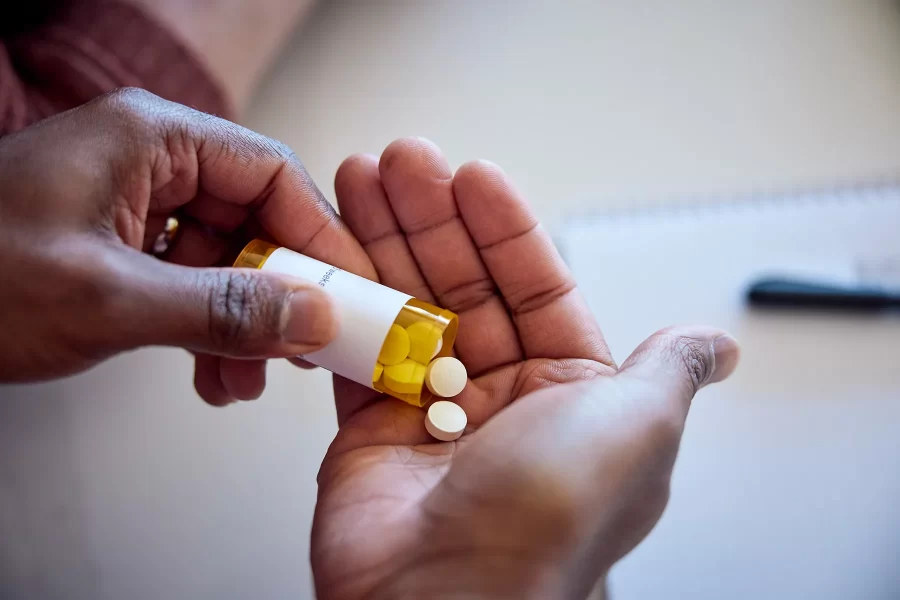
A dark cloud hangs over Central Equatoria after state officials revealed that 11 people took their own lives in just one week, most of them young people battling drug abuse and the weight of unspoken struggles.
The shocking figure was made public on Tuesday during the weekly security committee meeting chaired by Governor Lt. Gen. Rabi Mujung Emmanuel at the State Secretariat.
Leon Abe Brown, Minister of Local Government and Law Enforcement Agency, who briefed reporters after the meeting, said the rising deaths have left authorities deeply alarmed.
“This is a matter of great concern. Eleven cases in one week is not just a statistic, it is a tragedy that affects families, friends, and communities. Most of these cases are connected to drug abuse, and we cannot ignore the danger facing our young people,” Brown said.
While suicide has long been a silent issue in South Sudan, the latest surge has turned it into a pressing public health concern.
The World Health Organization estimates that nearly 800,000 people worldwide die by suicide each year.
In South Sudan, the burden is particularly heavy on the younger generation, scarred by years of conflict, displacement, and trauma.
According to World Bank data, South Sudan recorded a suicide mortality rate of 7.89 per 100,000 people in 2021.
In 2020, the country ranked 13th highest globally for suicide rates, with most cases involving youth aged between 15 and 29 years.
Mental health experts say the country’s young people are especially vulnerable, facing unemployment, economic hardship, broken family structures, and limited access to psychosocial support.
Drug and alcohol abuse, officials warn, is compounding the crisis.
Calls for Action
Authorities in Central Equatoria say urgent action is needed, not only to improve law enforcement against drug trafficking but also to strengthen community awareness and provide mental health support.
Families, faith-based organizations, and local leaders are being urged to play a more active role in identifying early warning signs of distress among youth.
“This is not a fight the government can win alone,” Minister Brown emphasized.
“It requires communities, families, and leaders to come together to protect our young people and give them hope.”
As Central Equatoria grapples with this alarming rise, many hope the tragedy will spark long-overdue investment in mental health services , an area that remains chronically underfunded in South Sudan.
For now, the sobering reality is that 11 lives were lost in a single week, each one a reminder of the urgent need to break the silence around mental health.

